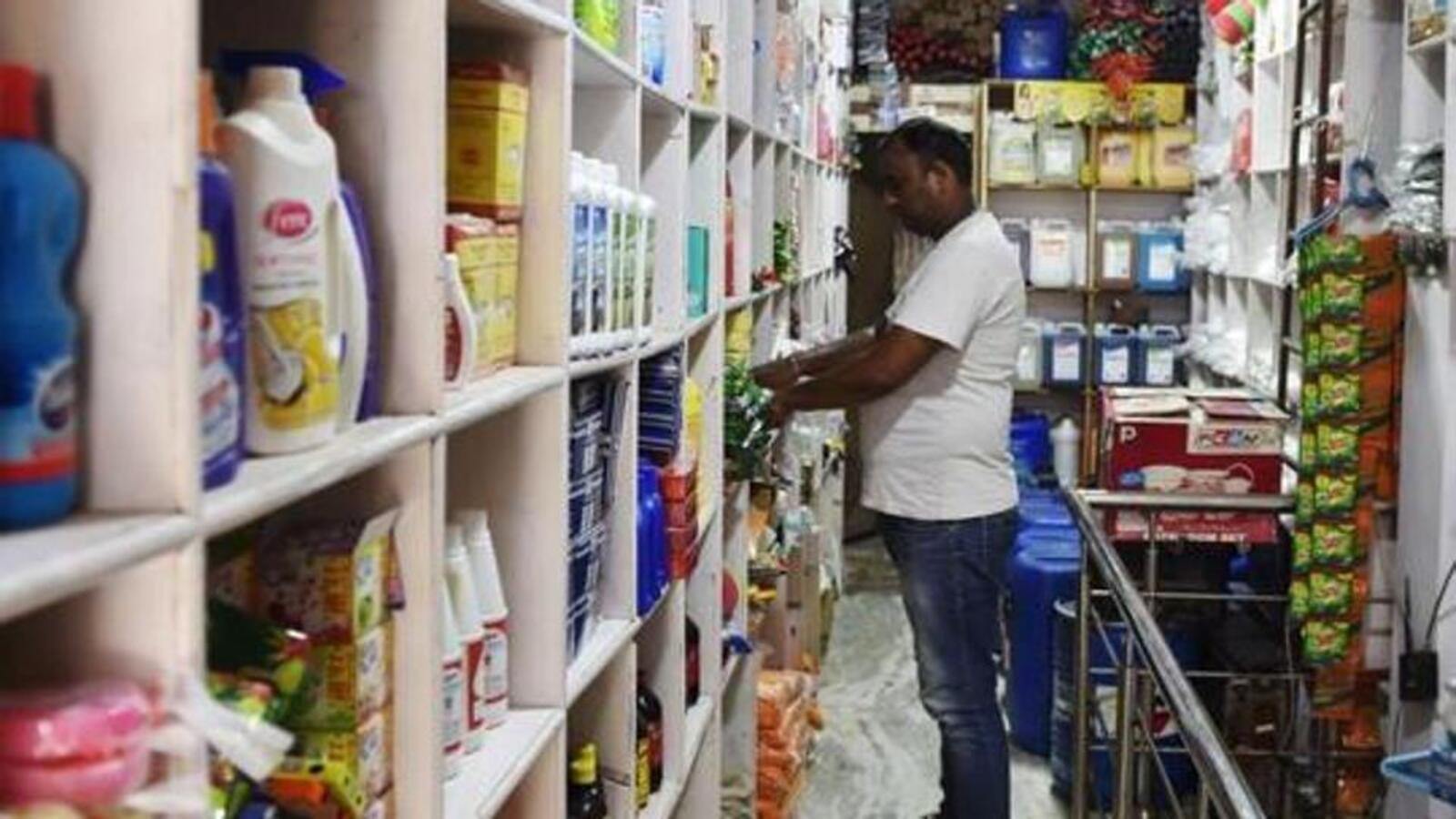[ad_1]
New Delhi: The Union government has formed an inter-ministerial committee to monitor domestic prices, shipments and availability of agri commodities, especially edible oil, as higher fertiliser and global commodity rates have sent domestic food prices soaring, an official said, requesting anonymity.
India imports up to two-thirds of its cooking oil requirement to meet domestic demand. A sudden decision this week by Indonesia, the world’s largest palm oil shipper, to ban palm oil exports has sent edible-oil prices into a tailspin, straining supplies already choked by drought and shortages after Russia’s invasion of Ukraine.
The committee, headed by Union food secretary Sudhanshu Pandey, this week reviewed the availability of edible oils in the country and met representatives of major oil processing associations, the official added.
According to data provided by the food ministry, India’s current stock of all types of edible oil is estimated to be 2.1 million tonne approximately, which is sufficient for the month of May. Another 1.5 million tonne of imported edible oil is in transit, which will arrive in batches during the course of the month, the data showed.
India imports nearly eight million tonne annually to meet its domestic demand. In March, retail inflation quickened to 6.95% — a 17-month high — compared to 6.07% in the previous month, driven by a sharp jump in food price, according to latest available official data.
“The Centre is keeping close watch on prices of edible oils so that appropriate measures can be taken to keep a check on the prices,” a statement by the food ministry said on Sunday.
Edible oil prices have remained elevated due to global supply disruptions and have knocked household budgets. Palm is used in most processed food items, from ice-creams to cookies, and in personal care products, such as soaps.
The inter-ministerial panel has been tasked with reviewing price movements on a weekly basis of edible oils and other food items. It is also assessing domestic output, demand, global prices and international trade volumes, the official said.
Special teams have also been constituted to crack down on hoarding and profiteering under the Essential Commodities Act by surprise checks on edible oil processors and traders.
Pradeep S Mehta, secretary-general of the consumer advocacy firm CUTS International, said edible oil prices could go up by 100%-200% if India doesn’t finalise alternatives sources.
Analysts from international brokerages have said that Indonesia’s ban was likely to be temporary, as that country did not have the capacity to store surplus oil. Indonesia clamped a ban on both crude and refined palm oil and palm olein as prices had risen domestically.
Indonesia’s ban puts “half of India’s palm oil supply under a cloud, while also increasing consumer inflation”, said Aravind B, an analyst with India Ratings and Research Ltd. “High imports at a continued depreciating rupee will affect the landed prices of other edible oils,” he added.
Palm oil (crude and refined) accounts for roughly 62% of the total edible oil imported by India, mainly from Indonesia and Malaysia.
[ad_2]
Source link


